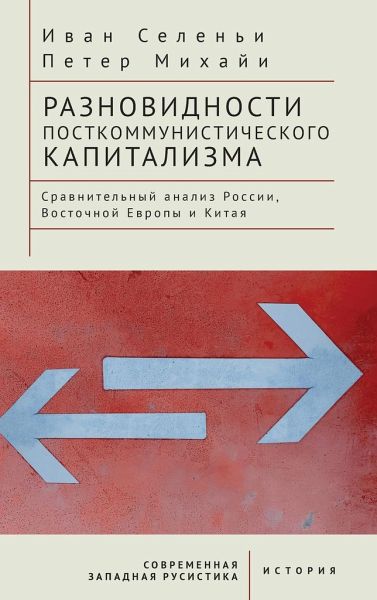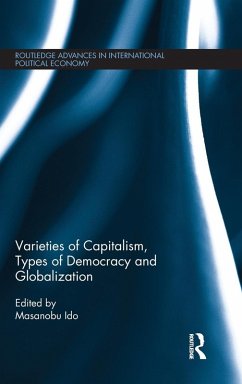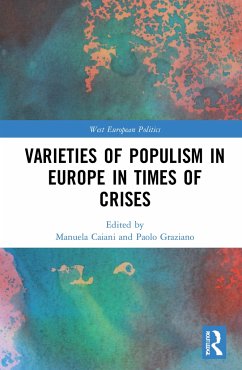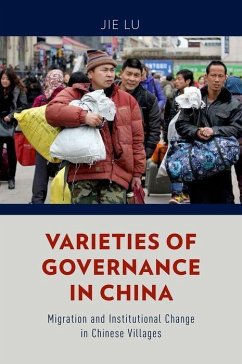
Varieties of Post-communist Capitalism
A comparative analysis of Russia, Eastern Europe and China
Versandkostenfrei!
Versandfertig in 1-2 Wochen
35,99 €
inkl. MwSt.

PAYBACK Punkte
18 °P sammeln!
This book intends to be a contribution to the "varieties of capitalism" paradigm. The theoretical background is Weber's theory of legitimacy. Was communism ever "legitimate"? What kind of legitimacy claims were made in the transition from communism to capitalism? Central Europe was closer to the Western "liberal" model. Russia built capitalism in a patrimonial way. China followed its own unique way; some called it "socialism with Chinese characteristics". Putin experiments with an innovation for post-communist capitalism. He confronts the "oligarchs" and reallocates property from those who cha...
This book intends to be a contribution to the "varieties of capitalism" paradigm. The theoretical background is Weber's theory of legitimacy. Was communism ever "legitimate"? What kind of legitimacy claims were made in the transition from communism to capitalism? Central Europe was closer to the Western "liberal" model. Russia built capitalism in a patrimonial way. China followed its own unique way; some called it "socialism with Chinese characteristics". Putin experiments with an innovation for post-communist capitalism. He confronts the "oligarchs" and reallocates property from those who challenge his political authority to old and new loyal ones. In conclusion, the central question is to what extent is "Putinism" a generic model for post-communist capitalism?














